Sign Language Week was celebrated at the end of March, but despite progress, campaigners are calling for more action to ensure equal access for Deaf people.
An awareness week for British Sign Language (BSL) and Irish Sign Language, Sign Language Week is held every year in March to commemorate the first time BSL was acknowledged as a language in its own right by the UK government in March 2003.
Robert Morgan, head of services at Remark, the UK’s leading Deaf-led organisation for British Sign Language services and training, and a sign language user himself, explained how the week is not only to raise awareness, but also to celebrate the progress which has been made in ensuring equal access for the Deaf community.
He said: “It reminds us where we have come from, and all the campaigning we have done for that recognition.
“Sign language is a beautiful language and it can help bridge a communication gap and make Deaf people feel more included.”
In order to bridge this communication gap though, hearing people need to understand the language as well, and Remark offers a free, two-hour BSL taster session every month which is taught by a Deaf teacher and aims to encourage hearing people to take up the language.
Sign Language Week was also championed by the British Deaf Association (BDA), who, according to a social media post, had over 2,600 companies and 1,200 schools join them in celebrating BSL this year.
However, despite the progress which has been made, many organisations and campaigners are calling for more to be done to break down the barriers which Deaf people and BSL users face in daily life.
According to the BDA there are 87,000 Deaf people in the United Kingdom whose preferred language is BSL, and in 2016 the Accessible Information Standard was introduced to ensure those who are deaf are able to easily access information.
Explaining the standard, a government website says: “The standard aims to ensure people who have a disability or sensory loss get information they can access and understand, and any communication support that they need.”
However, many Deaf people still face barriers to communication.
Tyron Woolfe, a BSL user and the prospects research and grants writer for the BDA, explained how difficult getting an interpreter, and accessing communication, can be.
He said: “It is not a nice to have. It’s a legal right.
“Having to rely on luck just to get an interpreter should not be something that we experience every day.
According to the NRCPD, the national regulator for language service professionals including British Sign Language/English Interpreters and Translators, there are 1552 registered sign language interpreters in the United Kingdom, including 214 in London.
This large imbalance between the number of people who require interpreters, and the number of interpreters available, leads to communication barriers which are especially problematic in areas such as healthcare.
Martina Sykes is a BSL user and a healthcare assistant with St Andrew’s Healthcare, a complex mental health charity and one of the few providers of specialist deaf mental health services.
Sykes explained that the inability to access interpreters leaves Deaf people at a disadvantage when trying to access healthcare and becomes especially problematic when considering emergency surgery situations.
At times, it is not possible to wait for an interpreter to become available and therefore the surgery might go ahead without having been explained to the Deaf person, and instead a retrospective interpreter comes in to help explain afterwards.
This barrier also exists in everyday healthcare, and according to a report by SignHealth from 2014, 70% of Deaf people who had not been to their GP recently had wanted to go but did not, mainly because there was no interpreter.
Although the report came out in 2014, it was the first major review of the health impacts of accessibility and communication barriers on Deaf people, and campaigners continue to emphasise these are barriers which BSL users continue to face.
When asked what can be done to combat these barriers, Sykes explained the necessity for the government to consult Deaf people before making decisions.
She said: “The government needs to raise the bar when it comes to Deaf people and they need to understand our lived experience.”
Another area in which BSL users, especially children, continue to encounter obstacles is their education.
According to the National Deaf Children’s Society, in 2023 there were 45,671 deaf children living in England, an estimated 90% of whom were born to hearing parents with little or no experience of deafness.
Many of these children receive limited access to language in their formative years when a child’s brain is most susceptible to learning languages.
Dr Alex Hamilton, a consultant forensic psychiatrist for deaf people with St Andrew’s Healthcare, regularly sees the long lasting effects which a lack of access to language can have, especially on people’s mental health.
He said: “In terms of the importance of sign language, or even just accessible communication, it is utterly vital for the mental health of Deaf people.
“The consequences of not learning language can be lifelong and hugely disabling and it can be really hard to catch up later on in life because our brains just do not work that way.”
Woolfe added: “We should be angry that Deaf children are not being given the opportunities of their peers.”
Featured Image Credit: Remark
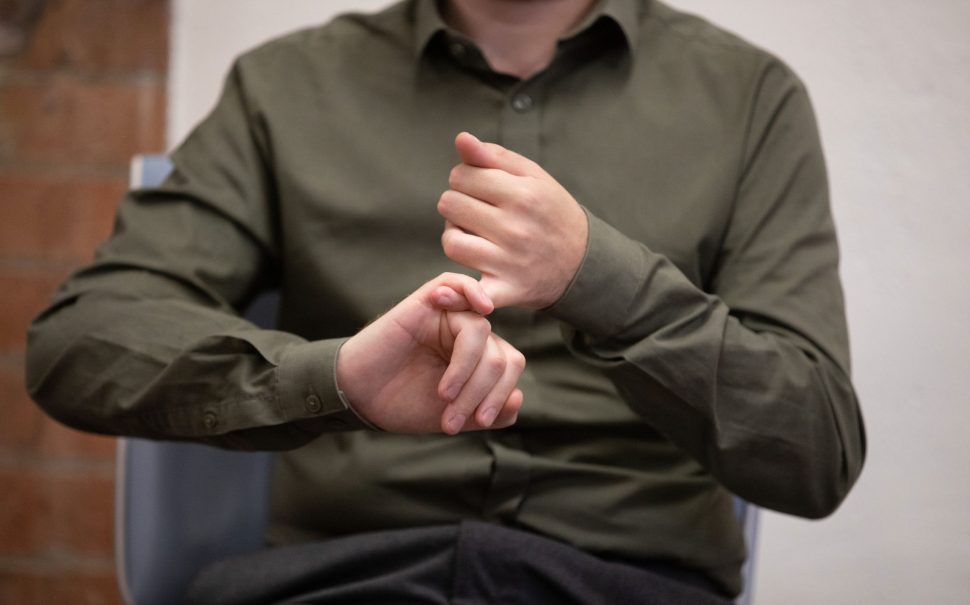
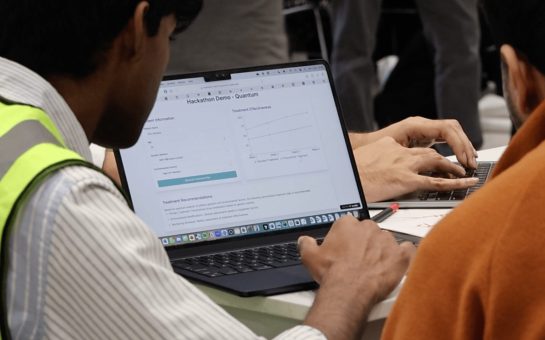
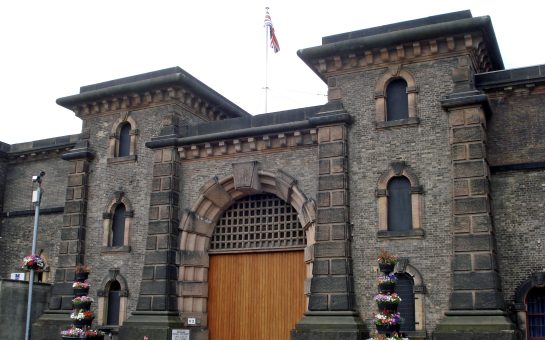
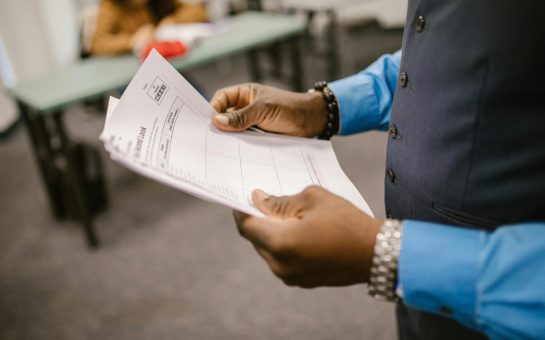
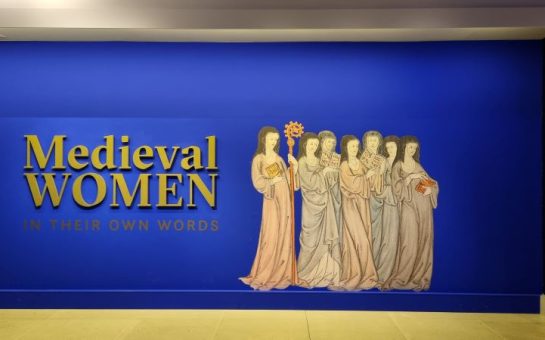

Join the discussion